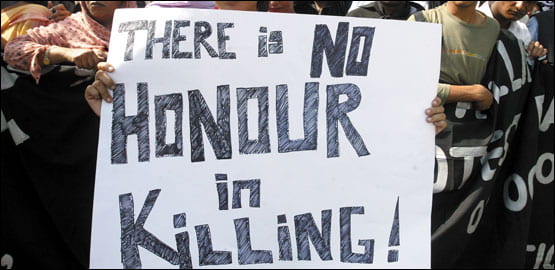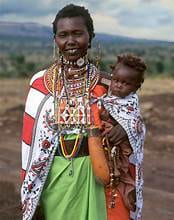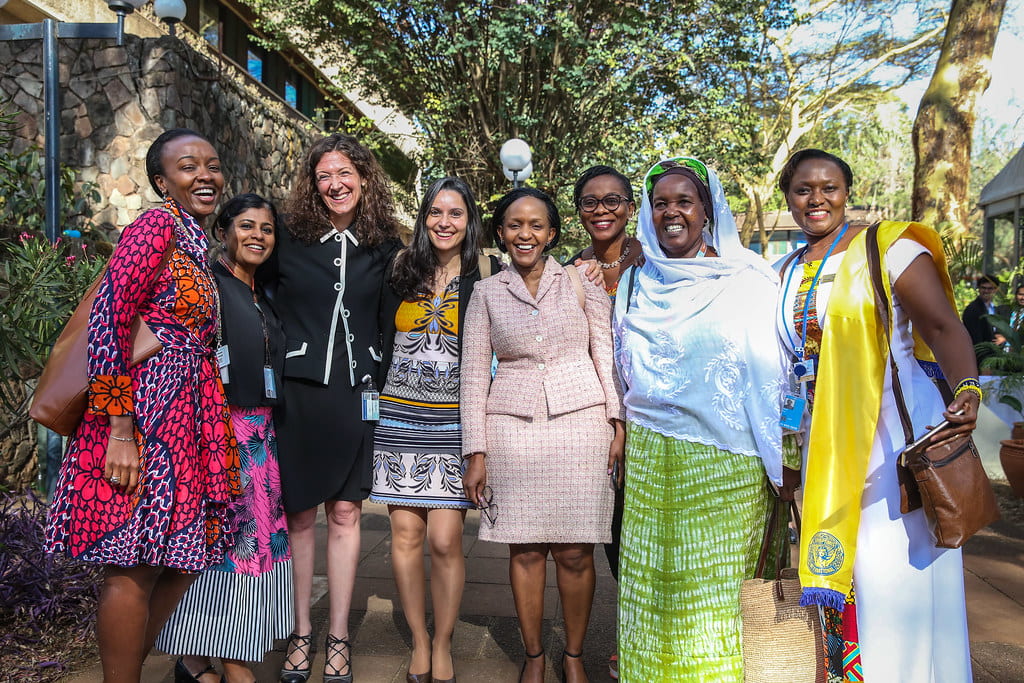by Grace Ndanu

In recent years, Kenya has witnessed a horrifying increase in cases of femicide. The alarming statistics paint an ugly picture of the state of women’s safety in the country. This issue goes beyond simple statistics as it represents a deep-rooted problem that demands urgent attention. Femicide in Kenya is not just a crime against women but also a violation of basic human rights and an assault on the fabric of society.
Understanding Femicide
Femicide is not a new phenomenon, but the magnitude of the problem in Kenya is shocking. The term encompasses various forms of violence against women, including domestic violence, rape, honor killings, and dowry-related deaths. These acts are driven by deep-seated beliefs and cultural norms that perpetuate gender inequality and elevate toxic masculinity.
According to a 2020 report by the World Health Organization, Kenya experiences one of the highest rates of femicide in Africa, with an estimated 47 women killed each week. Shockingly, this represents a 50% increase in femicide cases over the past decade. Furthermore, the majority of these cases go unreported or unnoticed due to social and cultural factors, making the situation even more alarming.
The Cultural Factors Behind Femicide

To tackle femicide in Kenya, it is crucial to dig into the cultural factors that contribute to this crisis. Some of these factors include gender roles, traditions, economic disparities, and the normalization of violence.
Gender roles deeply rooted in Kenyan society perpetuate a patriarchal system that devalues women. Women are expected to be submissive, nurturing, and bound by societal norms. Patriarchy creates a culture of power imbalance, where men feel entitled to control and dominate women, both within and outside the household.
Traditional practices, such as female genital mutilation (FGM), child marriages, and wife inheritance, further perpetuate the vulnerability and defeat of women. These practices condone violence against women in the name of cultural preservation and perpetuate harmful gender norms.
Economic disparities play a significant role in intensifying femicide in Kenya. Poverty and lack of access to education, healthcare, and employment opportunities disproportionately affect women. When women are economically dependent on their partners or families, they are often trapped in abusive relationships with no means of escape.
Society’s normalization and acceptance of violence against women contribute to the perpetuation of femicide. Many cases of domestic violence go unreported due to fear, stigma, or lack of trust in the justice system. In some cases, many people, instead of helping, tend to record videos of women being wronged and post them on social media.
Addressing Femicide in Kenya

To address femicide in Kenya, a comprehensive approach is necessary. It requires collaboration between the government, civil society, community leaders, and individuals alike. Here are some key steps that can be taken.
Legal Reforms and Enforcement
Restoring the legal framework surrounding violence against women is paramount. Stricter laws targeting offenders, along with their effective implementation, are crucial. Adequate training for law enforcement officials and judicial personnel is also essential to ensure cases are dealt with sensitively and expeditiously.
Education and Awareness
Comprehensive educational programs should be implemented from an early age to challenge harmful gender norms, promote gender equality, and raise awareness about women’s rights. This includes teaching both boys and girls, as well as women and men, about healthy masculinity and respect for women.
Empowerment and Economic Independence
Efforts must be made to empower women economically. This can be achieved through vocational training, access to micro-financing, and opportunities for entrepreneurship. Women who are financially independent are better equipped to escape abusive relationships and have control over their lives.
Support Services and Safe Spaces
Accessible support services, including helplines, shelters, and counseling centers, are crucial for survivors of femicide and domestic violence. These safe spaces provide survivors with the support they need to rebuild their lives and break free from the cycle of abuse.
Community Mobilization
Community leaders, religious institutions, and local organizations play a vital role in challenging harmful cultural practices, promoting gender equality, and raising awareness about femicide. Mobilizing communities to change attitudes and behaviors towards women is essential to create a safer environment for all.
Conclusion
Femicide in Kenya is an urgent crisis that requires immediate attention. It is a reflection of deep-seated gender inequalities and cultural norms that perpetuate violence against women. Addressing this issue demands a comprehensive approach encompassing legal reforms, education, empowerment, and community mobilization. Only through collective efforts can we hope to build a society where women can live without fear, violence, and the threat of femicide. Together, we must strive to create a country that embraces gender equality, respect, and the protection of basic human rights for all.

Published by